Understanding Addiction
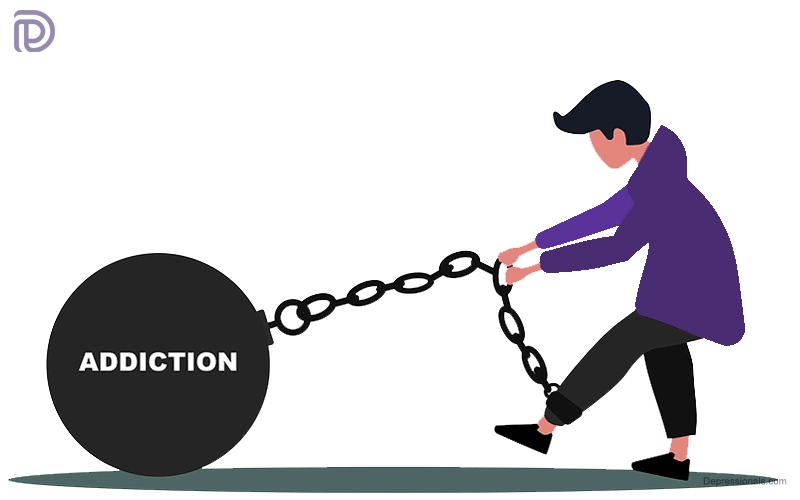
In today’s world of instant gratification, addiction is a word we commonly hear. What does addiction refer to? The main intent of this blog article is to define addiction, explore its different types, its signs, and where one can get help.
What is Addiction?
According to the National Institute on Drug Abuse, addiction is a chronic, relapsing condition characterized by compulsive behaviors. It is like having a strong feeling that pulls you towards something, even if you know it is not healthy or safe.
The Diagnostic and Statistical Manual of Mental Disorders, 5th Edition (DSM-5) indicates that addiction is a brain disease involving functional brain circuit changes. The circuits affected are linked to stress, reward and self-control.
In simple terms, addiction is when an individual wants something and finds it challenging to stop themselves from doing it.
Different Types of Addiction
There are two main types of addiction, including substance-related and non-substance-related. Substance-related addictions include alcohol addiction, heroin addiction, and cocaine addiction. On the other hand, non-substance-related addictions include gambling, sex addiction, and gaming addiction, among others.
Substances Addiction
Substance abuse addiction is a chronic and relapsing disorder characterized by compulsive psychoactive drug seeking and use, regardless of adverse consequences.
Some of the substances and drugs that people are addicted to include alcohol, tobacco, heroin, cocaine, and bhang. Once taken, these substances and drugs change how users and abusers feel and think. Over time, the person requires more of it to feel okay.

Behavioral Addiction
Behavioral addiction is a compulsive urge to engage in rewarding, non-substance-linked behavior. For example, nowadays, people face many behavior addictions, including playing video games, using the internet, or gambling, which later become addictive.
How Does Addiction Occur?
Exploring the link between dopamine and addiction, it is evident that addiction occurs after repeated engagement with a behavior or substance, leading to neurobiological changes in the brain’s motivation and reward systems.
In their first days of use or engagements, substances and activities trigger heightened relief and pleasure, also known as euphoria, reinforcing their use. However, with time, the brain adapts, reducing the sensitivity of the substances and behaviors effects. When such occurs, an individual is prone to seeking higher doses or frequent engagements. The above vicious cycle fosters dependency as the brain circuits linked with self-control and decision-making tend to weaken.
Signs of Addiction
Various signs of addiction include;
- Strong Cravings
- Loss of control- Even if the person tries to stop, they find it challenging. At this point, the addiction has become stronger than their willpower.
- Neglecting Responsibilities- In most cases, people with addiction issues neglect school, family and house chores because they are so focused on what they are addicted to.
- Health Problems- Addiction may also cause harm to the body and mind. In some cases, people with addiction issues get sick more often, feel tired, or have trouble thinking clearly.
- Changes in Behavior- People with addiction issues may show moody, sensitive and angry signs. They might also start hanging out with different people who also like the same addictive thing.
Getting Help
If you ever realize that you have addiction issues, the good news is that there are solutions. Here are some ways you can get help:
- Talk to Someone– If you are struggling with addiction, you can talk about it with a trusted friend, family member, teacher, or counselor. These individuals can offer support to overcome the behavior or abuse.
- Seek Professional Help -Nowadays, there are mental health professionals who only focus on helping people overcome addiction issues. For example, counsellors use psychotherapeutic approaches, including Cognitive Behavioral Therapy, to treat people with addiction issues.
- Support Groups– When dealing with addiction, having a support system is key. For example, for people dealing with alcohol addiction, various groups, including Alcoholics Anonymous (AA), can be beneficial. In these groups, people with addiction feel less alone and motivated to overcome the vice.
- Healthy Activities– Lastly, finding new hobbies or activities you enjoy can help take your mind off the addictive thing. These activities include music, exercise, art, and spending time with loved ones.
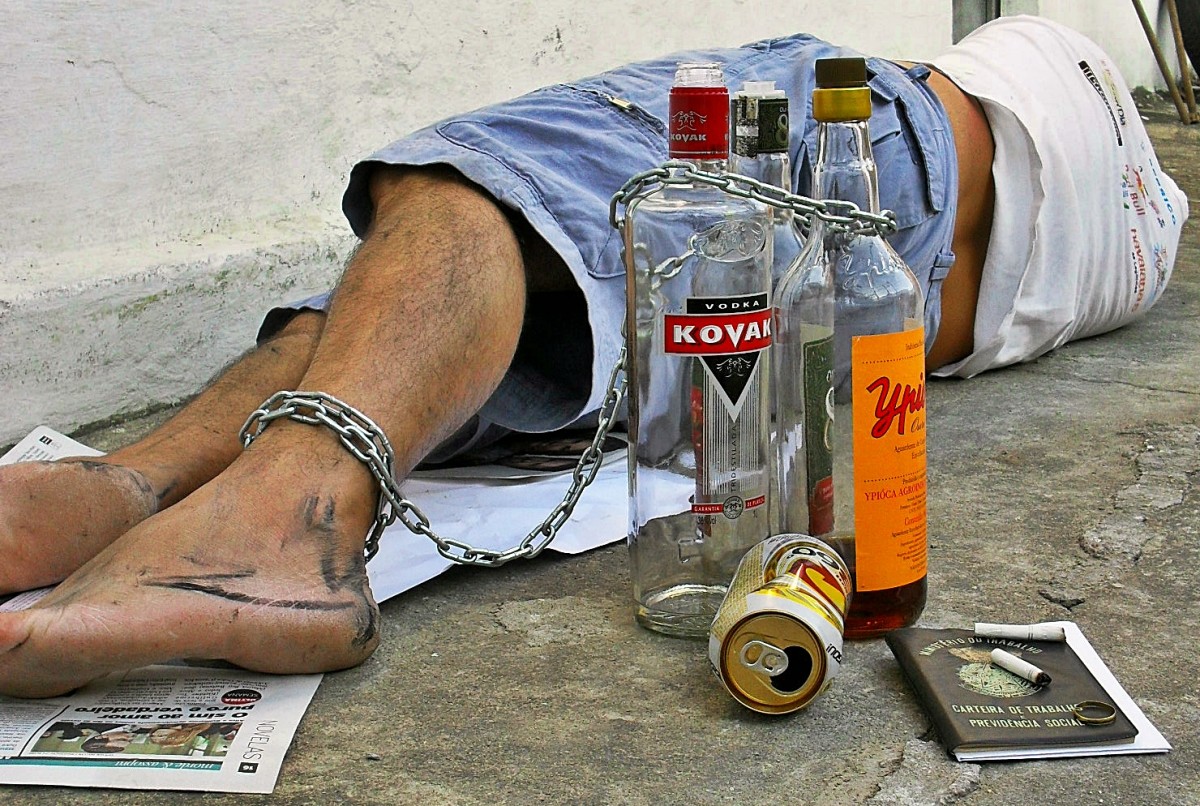
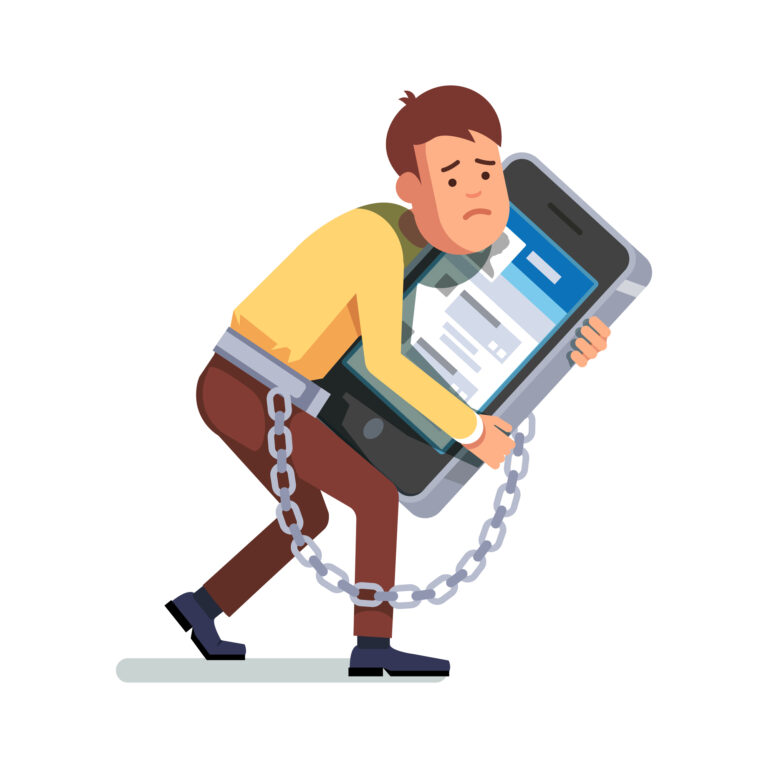
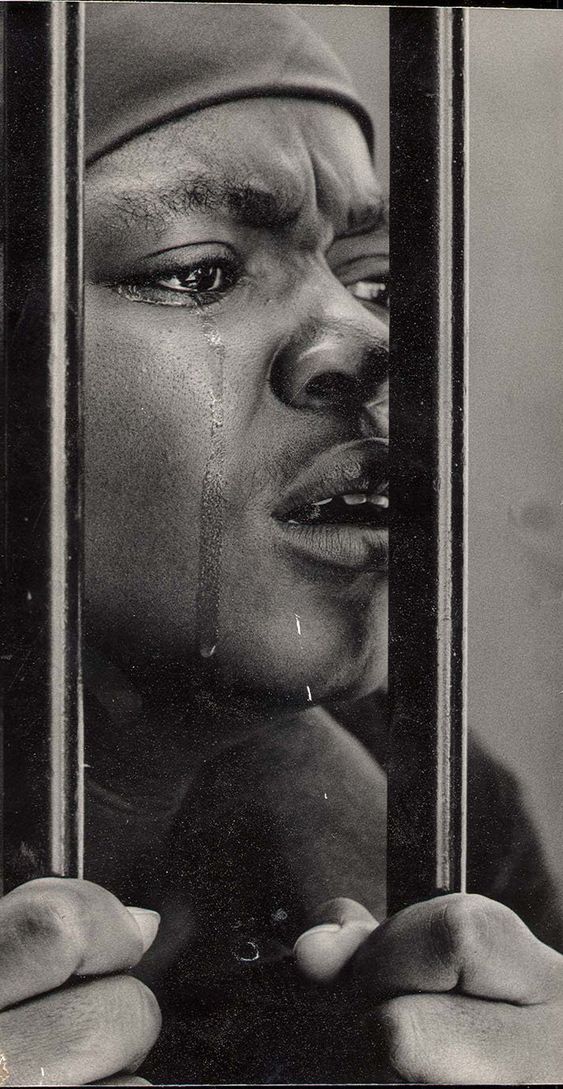

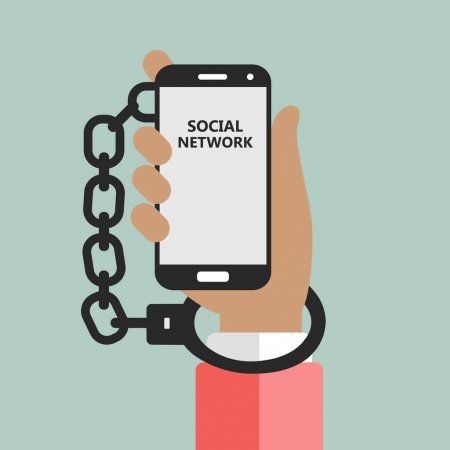
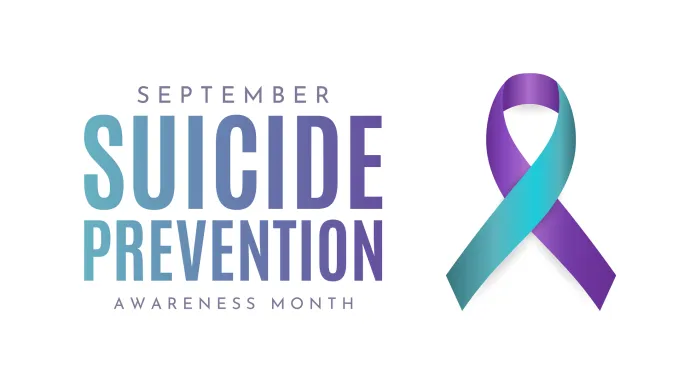
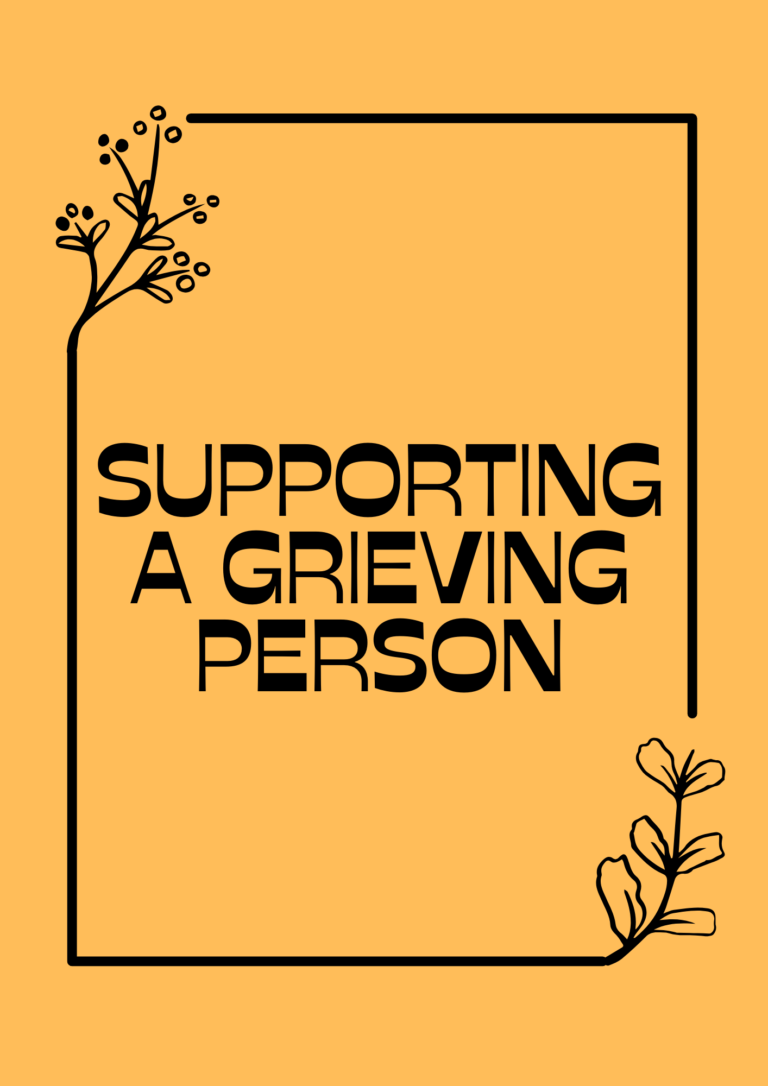
Such an interesting and informative write up.
I’m glad you learned something